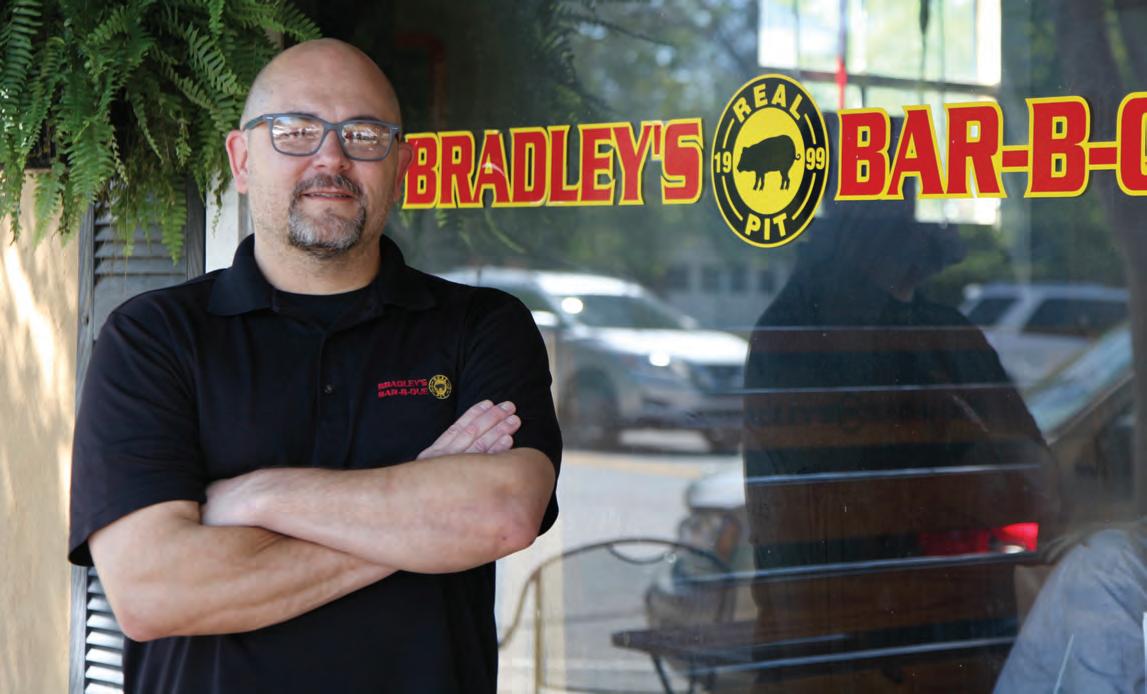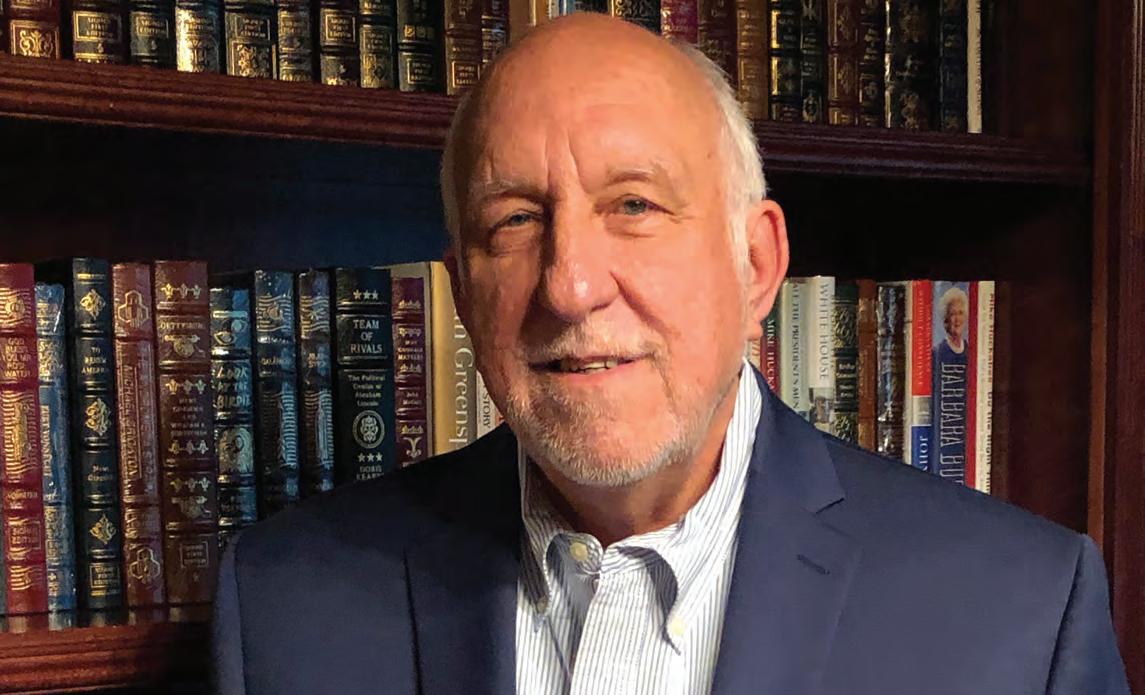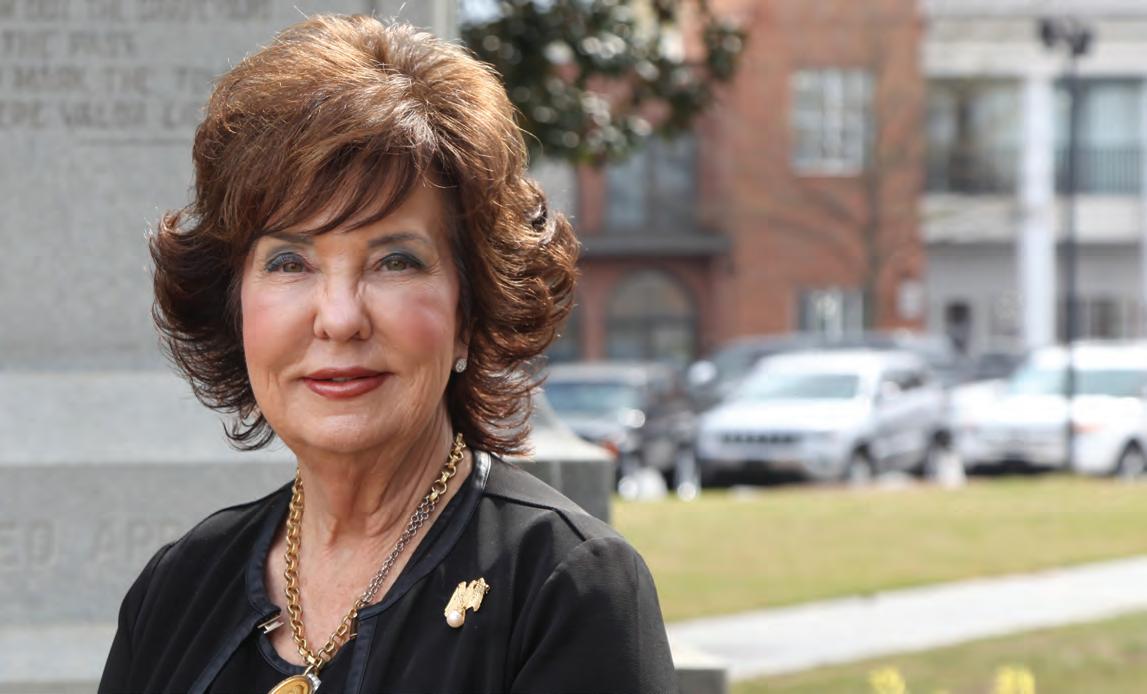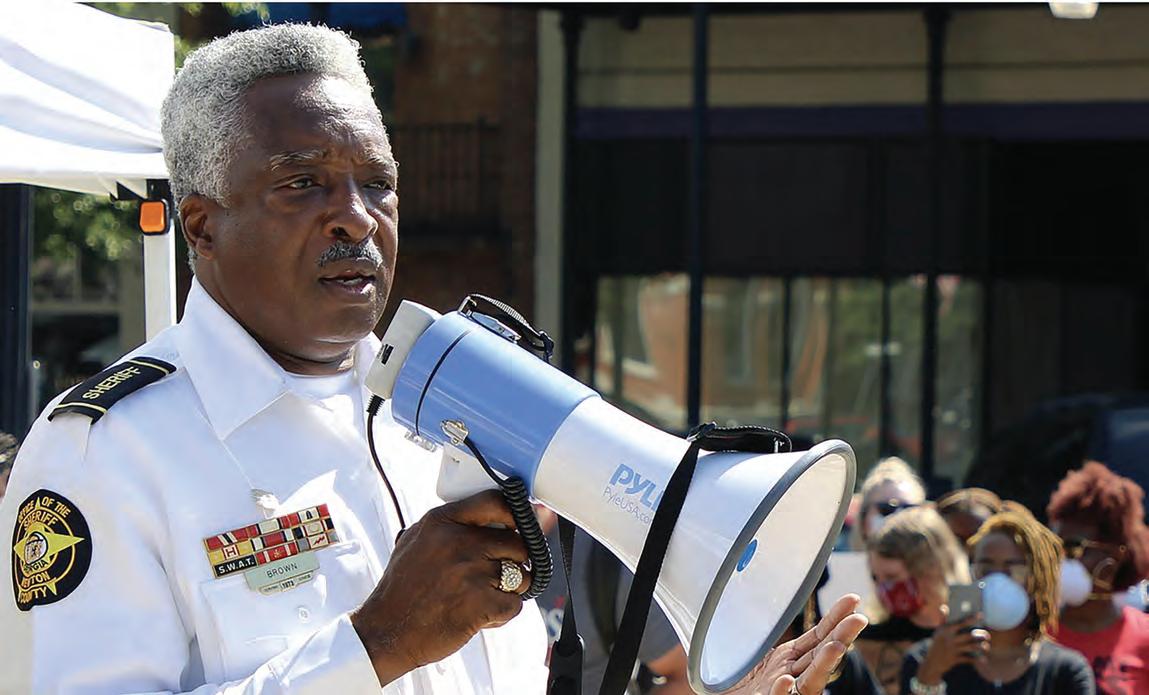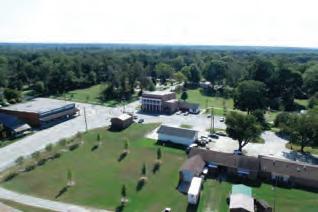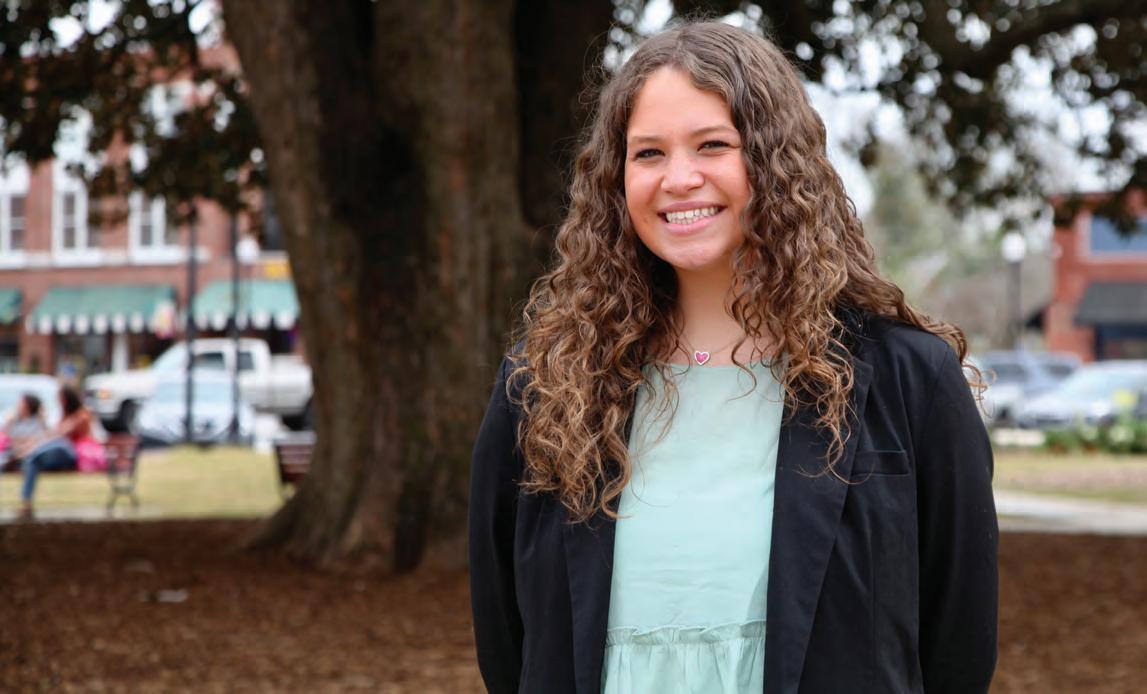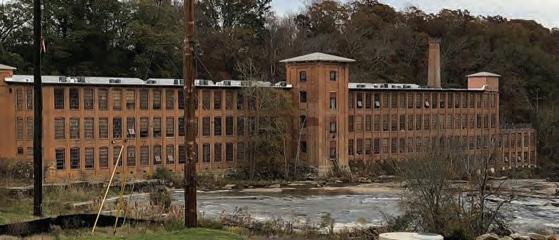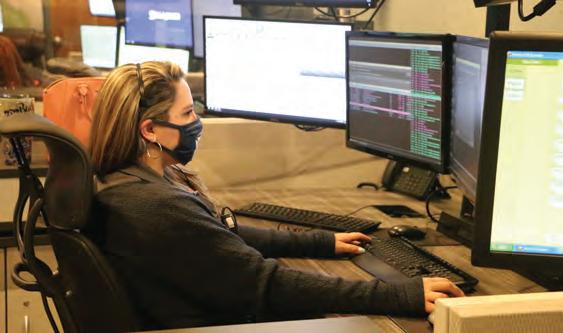
2 minute read
Alcovy CASA seeks more advocates
CASA seeks more advocates
By TOM SPIGOLON
Advertisement
tspigolon@covnews.com
A child who already has experienced abuse or neglect during a young life goes through the court system to determine a future home.
A government agency responsible for the child already is overloaded with such cases.
The Alcovy Court Appointed Special Advocates (CASA) program works to help carry some of the load in Newton County.
The nonprofit agency oversees a group of volunteers in Newton and Walton counties trained to be advocates for abused or neglected children during Juvenile Court hearings concerning their future placements in foster care.
Each advocate “makes independent recommendations to the court for services which focus on meeting the needs of each child,” according to the Alcovy Judicial Circuit website.
CASA originated in Seattle, Washington, in 1979 and began operations in Newton County in 1988. It opened a second office in Walton County in 2009, said Alcovy CASA executive director Lindsay Dycus.
Newton and Walton counties comprise the Alcovy Judicial Circuit but each county has its own juvenile court and judge.
Dycus said the program had about 28 volunteers in 2008 when it was able to cover all foster care cases in Newton County.
It now has about the same number of volunteers to serve 55 of the roughly 100 children in the county’s foster care system, Dycus said.
“We absolutely need more volunteers,” she said.
In Walton County, the need is even greater. It only has 20 volunteers serving 50 children out of 200 in foster care, Dycus said.
She said four issues typically lead to parents abusing or neglecting their children: drug use, mental health issues, family violence or extreme poverty.
“What we are seeing is they’re usually (interrelated),” Dycus said.
The Child Protective Services staff of the Georgia Division of Family and Children Services (DFCS) investigates reports of child abuse or neglect to “protect the child and strengthen the family,” its website states.
However, each caseworker also is assigned caseloads that typically are “enormous,” Dycus said.
A CASA volunteer may advocate for one child or a group of siblings, she said.
“The beauty of CASA is it’s one on one,” she said. “They’re keeping up with a child just like a parent would.”
Research has shown a child with a CASA advocate spends eight fewer months in foster care than a child without one, Dycus said.
They also are more likely to be placed with their siblings or in a home with a “responsible” family member rather than a foster care home if a CASA volunteer is involved, Dycus said.
She said each CASA volunteer is vetted “heavily” through “all the screenings” such as background checks.
If they check out, the advocate is trained before being sworn in and assigned a case, Dycus said.
They are given access to court information about the child and may accompany the child to court or visit them at home to get a better sense of the child’s needs, she said.
Dycus said CASA volunteers come from all walks of life.
One volunteer, a special education teacher, ended up helping a child whose background left the child “grades behind” students the same age, she said.
Others have included small business owners or nurses. One retired businessman was able to help a 7-year-old with attention-deficit issues and emotional problems simply by playing catch with him outdoors, Dycus said.
“He found he had quite an arm,” she said.
Alcovy CASA advocates participate in a training session. (Special to The News)

